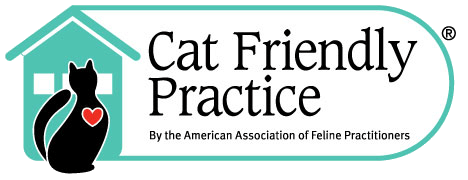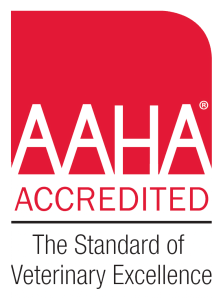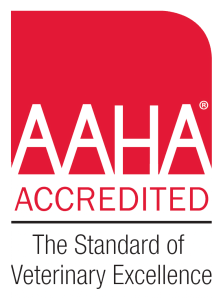Although found more often in older pets, heart conditions can affect pets at any age. Heart disease is usually a life-threatening health issue, but early diagnosis and appropriate therapy can extend your pet’s life. If caught soon enough, some forms of heart disease can even be cured.
Heart disease can lead to congestive heart failure (CHF), which occurs when the heart can no longer pump blood effectively. If an animal is suffering from CHF, fluid accumulates in and around the lungs and sometimes in the abdomen.
Heart disease has many origins and can be congenital (animal is born with the problem), valvular (abnormalities of heart valves), arrhythmias (disturbances in heartbeat rhythm) and caused by heartworm disease. All can eventually lead to CHF.
It’s important that you are aware of the symptoms of heart disease, especially if your pet’s breed is predisposed to cardiac issues or has a congenital problem. Symptoms include:
- Rapid breathing
- Coughing
- Loss of appetite
- Lethargy/tires easily
- Weakness/trouble exercising
Many heart problems can be detected through a physical exam, though additional tests will be required to obtain a definitive diagnosis and cause. Tests offered at Pleasant Valley Animal Hospital include:
- EKG
- Electrocardiography records the electrical signal from your heart to check for different heart conditions.
- Chest X-Rays
- Echocardiogram
- An echocardiogram is an ultrasound of the heart and provides precise information about heart valves, blood flow, chamber size, and contractions.
- A trained technician comes into Pleasant Valley Animal Hospital to do echocardiograms for pet patients.
The chest x-rays and echocardiograms are sent out to a board-certified cardiologist for analysis, guaranteeing the highest quality of care for our patients. If necessary, we are able to recommend a cardiologist in the area.




